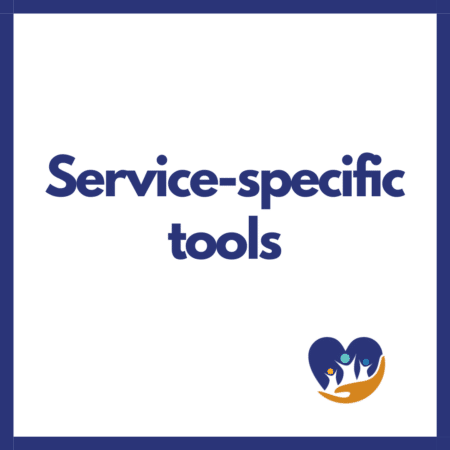Restorative Practice provides us with a value base, language, behaviours and tools to strengthen relationships with children and families and each other. Our restorative approach focuses on empowering our children and families to find solutions to their problems and recognises them as experts of their own lives.
But what is Restorative Practice? And how are we taking a restorative approach in Devon to deliver our vision?
What is Restorative Practice?
Restorative Practice is a ‘way of being’ where the focus is on building strong, meaningful, trusting and respectful ‘relationships’ and repairing relationships when difficulties or harm arises.
Strong meaningful relationships are formed when we work alongside people. We know that people are happier, more cooperative and productive and more likely to make positive changes to their behaviour when we do things with them rather than to them or for them. By working with children and families, and offering high support and high challenge, we can empower them to unlock the strengths and values they hold as individuals and as a family. The aim of working restoratively is for children, young people, and their families to be happier, healthier, and safer together.
Restorative practice is about creating and sustaining positive change. Change is rarely a linear process but can happen through incremental steps. Crucial to providing effective support to families is the ability to offer help and support along the way, as well as promoting understanding of what needs to change from the point of view of the child. Being able to describe the child’s perspective is powerful when preventing or repairing harm to a child, because in most cases parents recognise and respond to this, when it is grounded in real life experience.
What does working restoratively look like in practice?
Our ambition is for everyone who works with children and families to be able to follow a consistent restorative way of working which is guided by our core principles and values and informed by evidence-based approaches.
Consistency does not mean rigidity; our approach is designed to be adaptable and flexible to respond to individual need but is centred on a restorative value base. This will enable practitioners to exercise skilled professional judgement to do the right thing, to provide effective help and support, to clarify the values of the organisation and have the courage to be creative when they must balance difficult and demanding decisions that affect the lives of children.
The ‘Five Rs’
The ‘Five Rs’ are the principles which make up our Restorative Practice framework. It is a guide for how we want to be and act as professionals whose role and responsibility it is to protect children and young people and promote their best interests.
Far from than being a prescriptive and rigid set of guidelines or standards, our Framework sets out the common principles which underpin our work. It also provides a toolkit of evidence-based techniques to help put restorative principles into practice.
Taken together, the principles and toolkit equip and enable practitioners to apply their skills, knowledge and experience and do what they came into their profession to do. The people who work with children and families are the foundation of a Restorative Devon.
The Five Rs are:
Restorative Toolkit
Our approach to working restoratively here in Devon is rooted in the evidence of what works for children in families. Alongside our training courses, these tools, guides and resources will help you put our principles and values into practice.
Below is a selection of tools that can enable us to practice in a restorative way. Tools are there as an aid rather than a tick box exercise. There a wide range of different tools, from different disciplines. What might work for some people in some circumstances, will not necessarily be useful for others.
These tools help us to work with people to build and sustain healthy relationships and offer a guide on how to resolve difficulties in relationships.
If you have any queries about how you can use a tool in your practice, please discuss with your supervisor or contact the Restorative Practice team via the Children’s Social Work Academy mailbox. We would love to hear from you if there are any additional tools you would like to share.
Is there anything wrong with this page?
Help us improve
Don’t include personal information.









